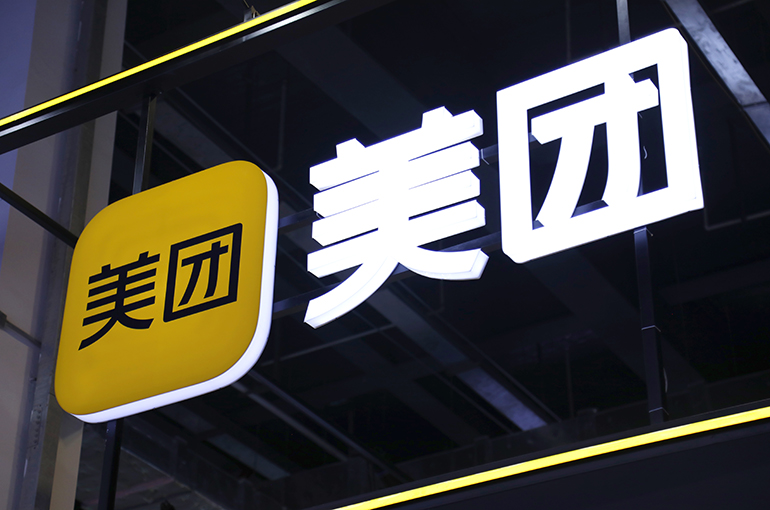 Meituan Food Sellers Sound Alarm Over Damaging Delivery Price War in China
Meituan Food Sellers Sound Alarm Over Damaging Delivery Price War in China(Yicai) July 25 -- Food vendors on Meituan have warned that the cutthroat delivery price war being waged in China between the country’s biggest on-demand services provider, JD.Com, and Alibaba Group is inflicting severe financial and operational strain on them.
At a consultation held by Meituan in Shanghai yesterday, merchants complained that the irrational subsidy battle is bleeding the industry dry, driving up operational stress, and posing severe challenges for restoring normal pricing and store operations. They lamented being dragged into the price war, which has driven down average order values and wiped out 15 percent of their income.
Battle lines were drawn in February when e-commerce giant JD.Com entered the food delivery arena. Alibaba then launched Taobao Flash Buy in April to boost instant retailing services alongside its delivery platform Ele.me. Earlier this month, Taobao Flash Buy began a CNY50 billion (USD7 billion) 12-month subsidy program, prompting Meituan to respond by rolling out big subsidies, scoring a record high of more than 120 million single-day orders on July 5.
The three platforms together have committed hundreds of billions of Chinese yuan, equivalent to tens of billions of US dollars to their subsidy schemes. Last week, the State Administration for Market Regulation demanded rational competition from them.
Battle has moved beyond mere price cuts to a systems-level competition encompassing supply chain capabilities, instant delivery efficiency, and user experience, Guo Tao at 100EC.Com's e-commerce research center said earlier.
Sellers’ Complaints
In the wake of the subsidies, drinks typically priced at CNY20 (USD2.80) have become available for just a few Chinese yuan, a senior executive at a leading bubble tea chain pointed out. "This ultra-low pricing has altered consumer perceptions, and once the subsidies fall, the value and volume of orders will plummet,” he said.
The operations director of a national rice noodle chain said customer spending has dropped to around CNY10 from CNY25. “Other brands have seen a surge in orders after hefty subsidies, so if we don't participate, even loyal customers might switch,” he said.
The subsidy deluge has also ramped up the workloads of frontline staff, with the senior executive noting that stores typically need two employees per 100 orders a day, so when the orders double, so does the required number of workers. Given the uncertainty around subsidies, “shops conservatively arrange staffing, causing the workload of existing employees to skyrocket,” he said.
The impact of the price war has been particularly severe for smaller merchants. The owner of Xianghu Yijia Ren said spending has fallen by CNY10 per customer on average since March, with high labor and material costs severely squeezing profit margins.
Price wars mainly negatively impact quality-focused and small and medium-sized vendors, noted Yuan Zhe, a researcher at Zhejiang University, adding that even when platforms fully absorb subsidy costs, leading brands benefit more due to their superior capacity to handle surging orders.
Yuan suggests a more refined platform resource allocation to create fair competition for merchants of different sizes, preserving the sector's diverse development ecosystem.
Since last year, Meituan has held a number of delivery consultations on algorithm improvements, delivery mechanisms, and merchant ecosystem development. The latest was its 21st meeting with vendors this year.
Editor: Martin Kadiev